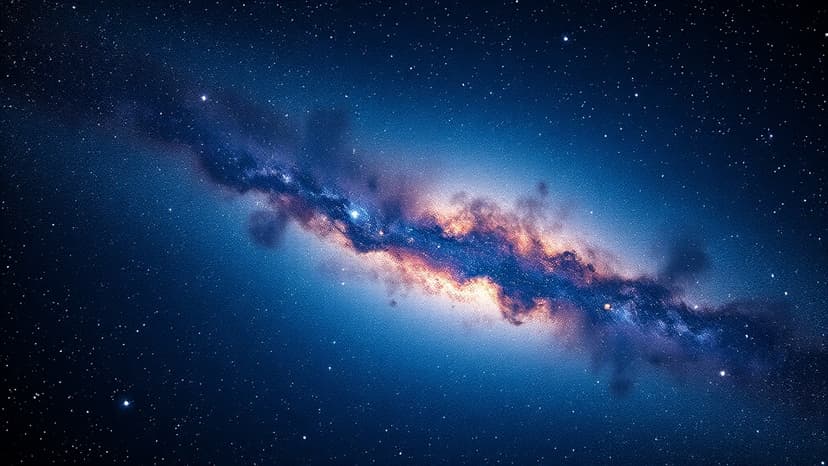Home / Science / Astronomers Challenge Nobel Prize Theory, Suggest Universe Could End in 'Big Crunch'
Astronomers Challenge Nobel Prize Theory, Suggest Universe Could End in 'Big Crunch'
10 Nov, 2025
Summary
- Astronomers cast doubt on Nobel prize-winning theory of accelerating universe expansion
- Findings suggest universe's expansion may be slowing down, not accelerating
- Implications for dark energy, which could be weakening over time

In a significant development in cosmology, astronomers have cast doubt on a Nobel prize-winning theory that the expansion of the universe is accelerating. Their research suggests the universe's expansion may actually be slowing down, with dark energy - the mysterious force thought to be driving the acceleration - potentially weakening over time.
If confirmed, these findings would mark a major paradigm shift in our understanding of the cosmos. Rather than expanding forever, the universe could ultimately enter a reverse 'big bang' scenario known as the 'big crunch'. This would have profound implications for the fate of the universe.




